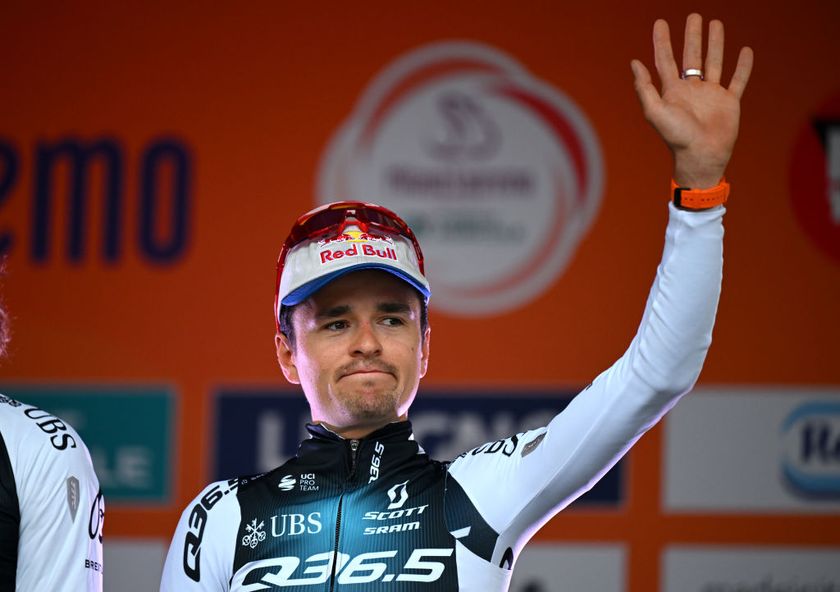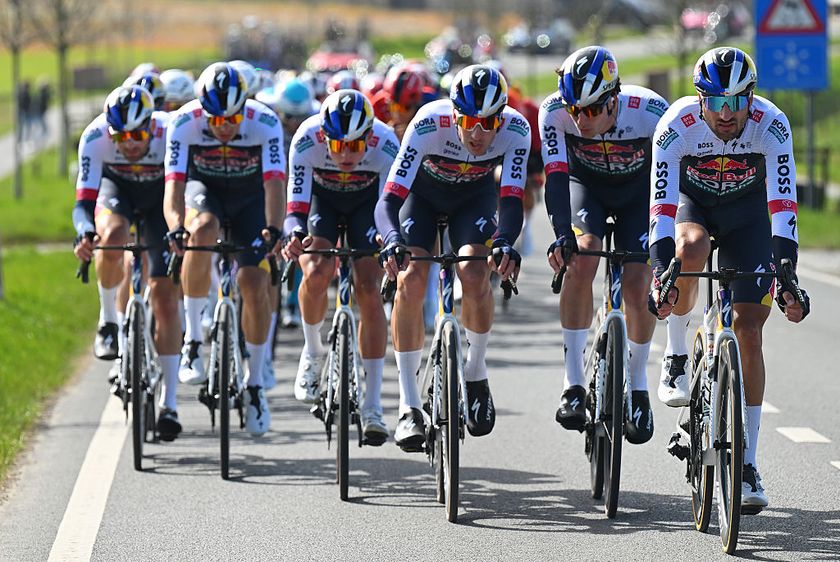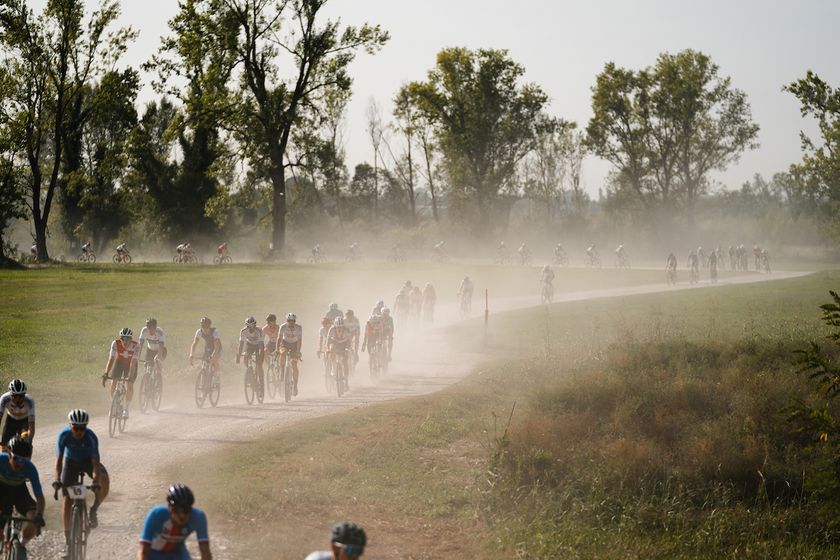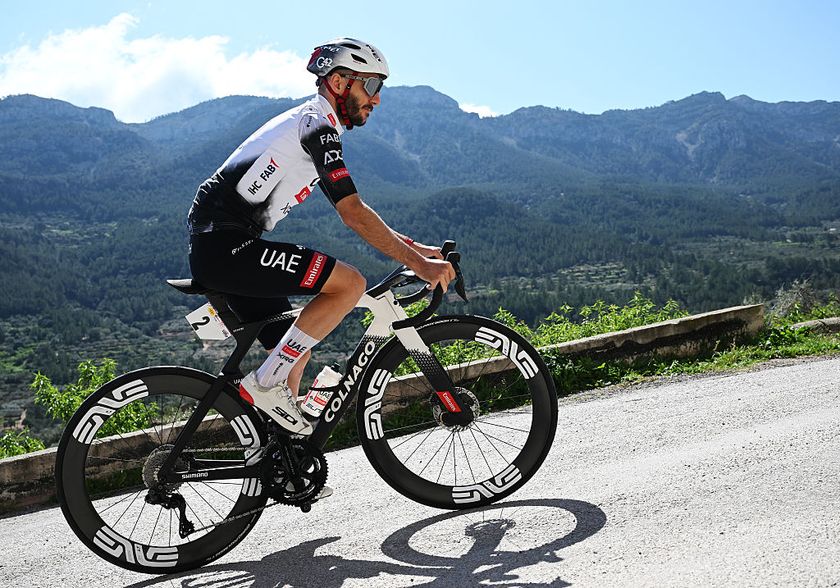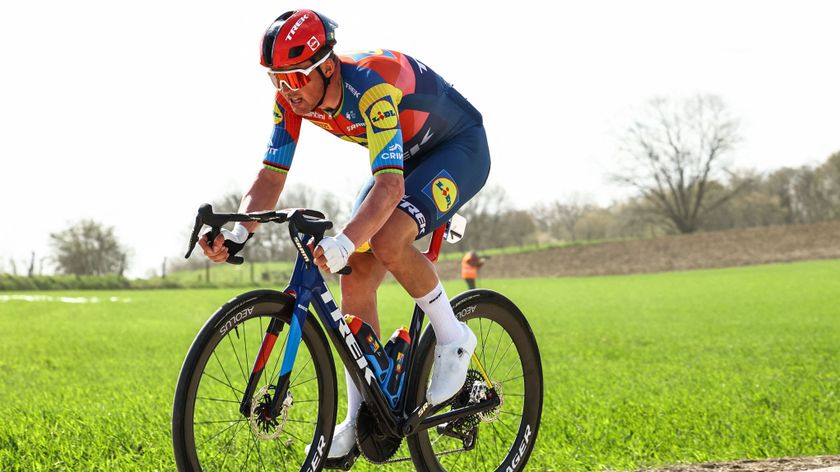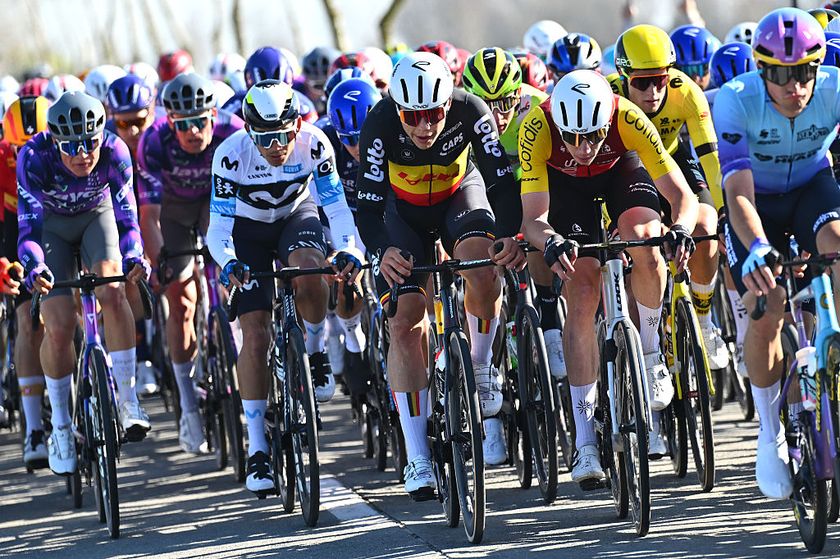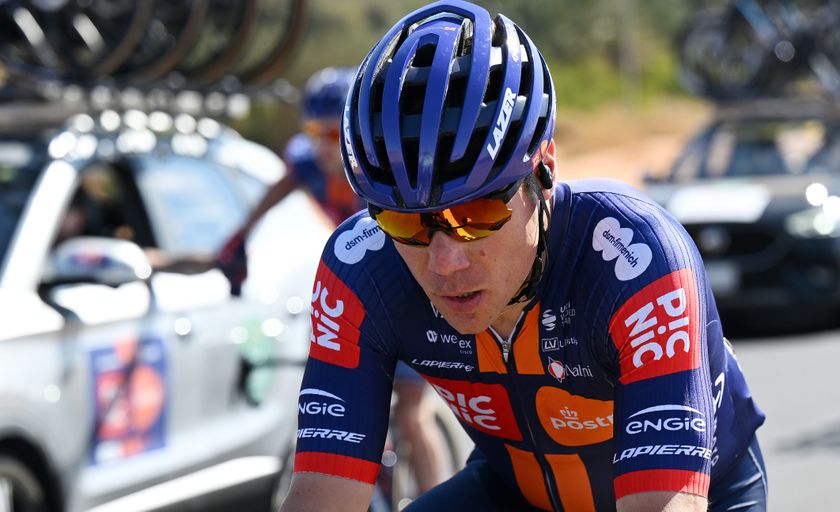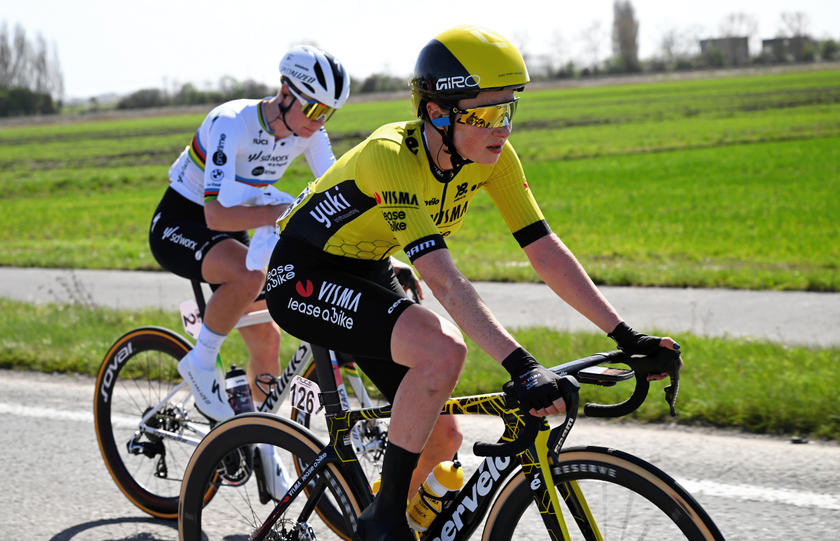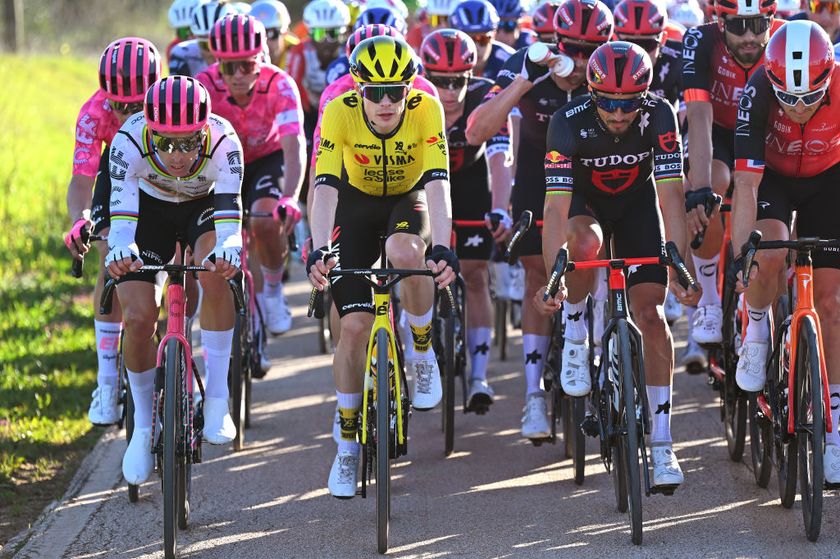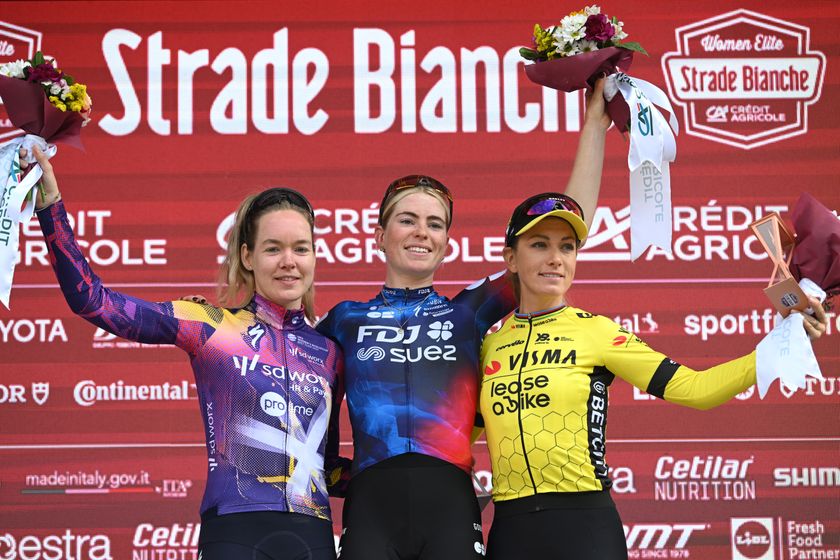Boom ready for life after Rabobank
Blanco rider on classics challenge and Van Vliet



When Lars Boom took his first, fledgling pedal strokes as a competitive cyclist, the year was 1996 and the race sponsor was Rabobank. That same year, the Dutch bank had entered the professional peloton, backing a team featuring the likes of Johan Bruyneel and Viatcheslav Ekimov, but from the outset, there was another, evangelical aspect to their commitment to cycling.
So it came to pass that the ten-year-old Boom formed part of a ragtag peloton of youngsters aboard mountain bikes and hybrids who answered the call and competed in the Rabo Dikke Banden races, a fat tyre road series designed to attract newcomers to the sport. As the years progressed, so too did Boom advance through the ranks, graduating to Rabobank’s junior and under-23 set-ups before joining the ProTour squad in 2009.
By the time Boom reached the Big Show, however, a litany of vaudeville doping villains had already trod the boards in the famous orange and blue of the senior team. The nadir seemed to have come with the Michael Rasmussen case of 2007, but while some changes were enacted within the team in the years that followed, Rabobank eventually lost patience with professional cycling following the release of USADA’s reasoned decision on the Lance Armstrong case and pulled the plug in October.
“It was really frustrating because we had a really good and loyal sponsor, and they judged us on something that happened ten years ago when we weren’t even pro cyclists yet – we were just small kids looking up to these guys who were riding their bikes really fast,” Boom told Cyclingnews at Blanco Pro Cycling's first training camp in Fuerteventura. “Now we’re trying to do that ourselves, but in an honest and truthful way. We’ve already been doing things the right way for the last four or five years – all our lives, actually – but this happened and it’s really shit.”
Given his involvement with Rabobank at all levels and disciplines – Boom was world cyclo-cross champion in 2008 – few people are better placed to assess the potential ramifications of the bank’s decision to leave. While Rabobank will continue to support the Continental and women’s teams, the structure linking those squads to the WorldTour team has been formally dissolved, but Boom maintains that Rabobank’s sponsorship at juvenile level is perhaps the most vital facet of their continued involvement in cycling.
“When I started as a young guy, it was in the Dikke Banden Race that they sponsored it all, but they’ll keep doing this,” Boom said. “That’s how a lot of young people got started in cycling, so it’s very important that they keep doing this.”
Roubaix and Vanmarcke
Get The Leadout Newsletter
The latest race content, interviews, features, reviews and expert buying guides, direct to your inbox!
For the WorldTour team, meanwhile, 2013 sees something of a fresh start, with the orange of Rabobank giving way to the sponsor-free black, white and blue of Blanco. “It is a bit of a big moment for us to put the new team out to the world, but so far, it’s been nice,” said Boom.
From a personal standpoint, Boom is quietly confident that Blanco’s maiden season in the peloton can also be the year that he makes a leap in quality in the cobbled classics. Now entering his fifth season at the highest level, and still only 26 years of age, Boom took solace both from his best-ever Paris-Roubaix finish last April and his sustained run of form in the second half of the year, which included overall victory in the Eneco Tour.
“I think I made a lot of progress,” he said. “Ok, I crashed at Het Nieuwsblad, which was shit, but I was still really good there. At Flanders I was sick but then I was sixth at Roubaix and just missed the podium.”
Knocking Boonen and Cancellara off their respective perches over the cobbles of the north will take some doing, of course, but Boom was bullish about his chances. “I hope I can keep my level like I had in the second half of last season. I’m already really motivated to beat them in the classics. Every year I come closer to them and they get a little bit less maybe because they are getting a little bit older…”
Blanco’s acquisition of Omloop Het Nieuwsblad winner Sep Vanmarcke adds considerable firepower to the classics team, but Boom insisted the two could work together and carefully pointed out that the hierarchy for Paris-Roubaix was already clear.
“With Vanmarcke, we also have a really good guy on the team, but I think it will be clear that I will try to win Roubaix,” Boom said. “I’ll try at Flanders too, but I think there we can work really well together. I’m one of the big guys in the team now. Vanmarcke is also, but he is new.”
Van Vliet
Boom finished his 2012 campaign with a 5th place finish in the world championships on home roads in Valkenburg. After suffering on the Cauberg, he ate up the ground on the 1.5km false flat to the line, a feature he would like to see introduced to the Amstel Gold Race, which currently finishes atop the climb. “On top of the Cauberg, there are only maybe five guys who can win but if the finish is there, at least a quarter of the peloton can win, so it would be better,” he said.
In spite of being the highest Dutch finisher at the Worlds, however, Boom opened the newspapers the following day to read robust criticism of his and his Rabobank teammates’ efforts from national coach Leo Van Vliet, who also happens to be the organiser of Amstel Gold Race and Amstel Curacao Race. Van Vliet has since vacated his national coaching role, and Boom has made no secret of his pleasure at that particular turn of events.
“I have nothing to say anymore to that guy. He disappointed me in a lot of ways. I’m finished with him and hopefully there’s a good new national coach,” Boom said. “It was quite rude and disappointing for the Rabobank guys. It was quite strange what he said. It was not only the Rabobank guys who did things wrong – and besides, I don’t think we did things wrong. For example, he said I was stretching my back at the top of the Cauberg. Well on a lot of videos, you can see I was pushing fully on the big ring.”
Even before Van Vliet’s post-Worlds comments, Boom was dissatisfied with his stewardship of the Dutch team and the atmosphere he built up around it. “He gets horny, I think, from the attention of the press and a camera in his face, and that’s his problem, I think. And when he was national coach, he was also our problem. But now we can work easy to the Worlds and we don’t have like a big circus anymore.”
And his preferences for the new national coach? “It can only get better,” Boom smiled.

Barry Ryan was Head of Features at Cyclingnews. He has covered professional cycling since 2010, reporting from the Tour de France, Giro d’Italia and events from Argentina to Japan. His writing has appeared in The Independent, Procycling and Cycling Plus. He is the author of The Ascent: Sean Kelly, Stephen Roche and the Rise of Irish Cycling’s Golden Generation, published by Gill Books.
